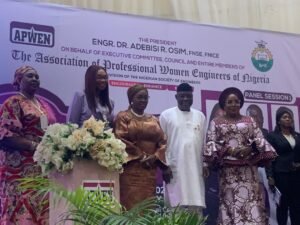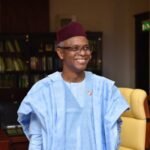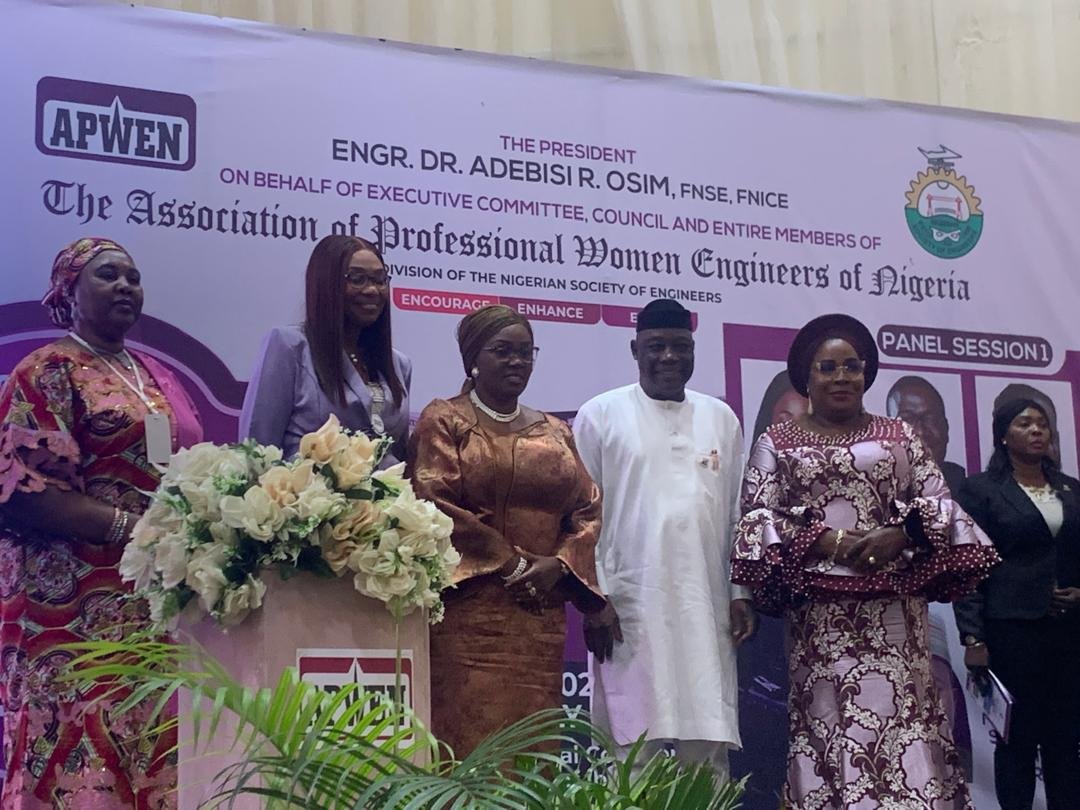
Gender disparities in leadership, technology constitute barriers to inclusive growth — APWEN
By Olatunde Ajayi
The Association of Professional Women Engineers of Nigeria (APWEN) has identified gender disparities in field of technology and leadership as barriers to inclusive growth in Nigeria.
This, among others, were part of observations highlighted in a communique issued at the end of 2025 APWEN International Conference and Annual General Meeting (AGM) held in Ibadan.
Prof. Chinenye Anyadike, Chairman of the Communique Committee, who signed the document made available to newsmen on Friday, said that Nigeria’s manufacturing sector had continued to face declining productivity, reduced competitiveness, and weak global integration.
The body also decried the skills gaps, inadequate infrastructure, and financing constraints, which it said have continued to limit industrial growth.
It also raised concerns about high production costs, reliance on imported components, and weak local capacity, noting that these challenges had perpetually hinder competitiveness.
APWEN noted that weak government–academia–industry synergy undermines recruitment, training, re-training, and mentorship of young engineers in Nigeria, while cybersecurity vulnerabilities had posed threats to digital manufacturing technologies.
It, however, said that indigenous innovations, renewable energy tools, digital solutions, and youth-led entrepreneurship models have promising future with potential for scaling Nigeria’s technological development.
The conference recommended that the federal government should collaborate with APWEN to develop policies and implement frameworks that would support the revitalisation of Nigeria’s manufacturing industries.
APWEN recommended that Federal Ministry of Industry, Science and Technology, Communications and Digital Economy and other related MDAs through Manufacturers’ Association of Nigeria (MAN) should encourage the adoption of AI, automation, robotics, IoT, and additive manufacturing to drive sustainable growth.
According to the communique, the conference featured multiple peer-review papers, which explored renewable energy integration, waste-to-wealth initiatives, and additive manufacturing technologies.
It also showcased AI-driven predictive maintenance models, IoT-enabled industrial systems, and indigenous material development and provided case studies demonstrating the feasibility of localized, low-cost, and sustainable manufacturing solutions.
The conference also highlighted the need for stronger collaboration between researchers and industries to translate findings into practical applications.
From the conference keynote addresses, panels discussions, and deliberations, participants learned that engineering innovation remained central to Nigeria’s re-industrialisation, with Industry 4.0/5.0 technologies offering transformative opportunities.
Participants were urged to embrace diversity, equity, and inclusion (DEI) in engineering to create stronger, more innovative teams and are critical to breaking barriers for women and youth.
Among other key learning points at the conference include, emergence of cybersecurity as a significant challenge for modern digital manufacturing which must be addressed proactively.









